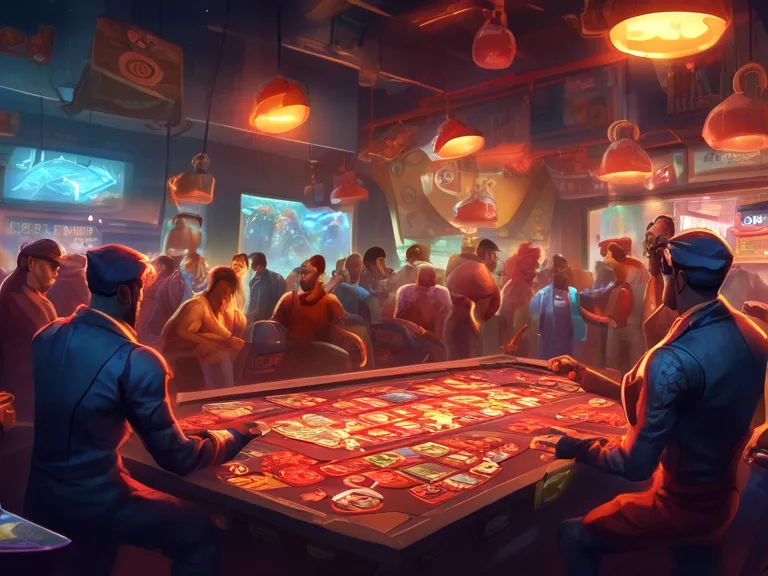
How to Implement Microtransactions Ethically in Modern Gaming Economies
Microtransactions have become a common practice in the gaming industry, but they often come under fire for being exploitative or pay-to-win. However, with a focus on ethical implementation, microtransactions can enhance the gaming experience for players without causing harm. Here are some strategies for implementing microtransactions ethically in modern gaming economies.
1. Cosmetic Items Only: One way to ensure ethical use of microtransactions is to limit them to cosmetic items only. This means that players can purchase items that do not impact gameplay, such as skins, emotes, or decorations. This allows players to customize their experience without gaining an advantage over others.
2. Transparency: Transparency is key when it comes to microtransactions. Clearly communicate to players what they are purchasing, how much it costs, and what they are getting in return. Avoid any hidden costs or misleading advertising to build trust with your player base.
3. Gameplay Balance: If gameplay-affecting items are being sold, ensure that they are balanced and do not give paying players an unfair advantage. Implement a system where these items can also be obtained through gameplay, so that non-paying players have the opportunity to acquire them as well.
4. Loot Box Regulations: If your game includes loot boxes, make sure they abide by regulations and do not encourage gambling behavior, especially among younger players. Provide drop rates for items in loot boxes and consider implementing safeguards to prevent overspending.
5. Value for Money: Give players value for their money when it comes to microtransactions. Avoid overpricing items or making them too difficult to obtain through regular gameplay. Offer discounts, bundles, or special promotions to make microtransactions more appealing.
By following these strategies, game developers can implement microtransactions ethically in modern gaming economies, creating a positive experience for players while still generating revenue for their games.



